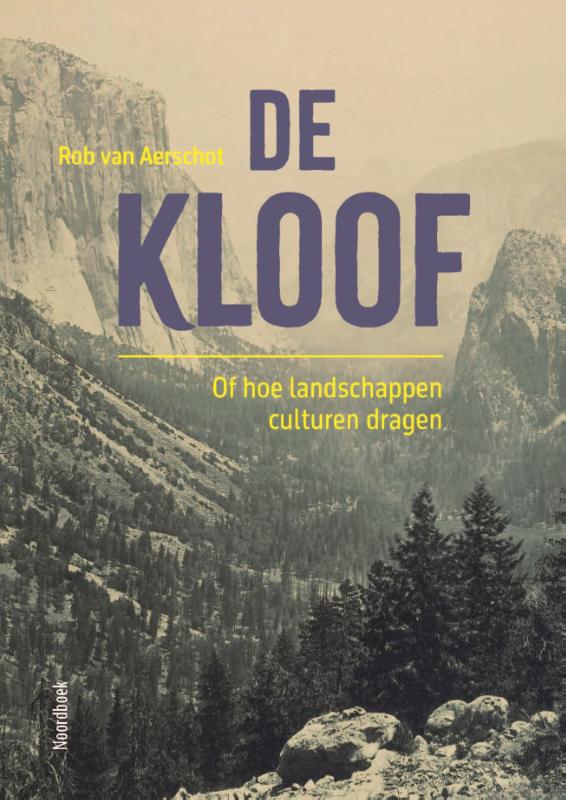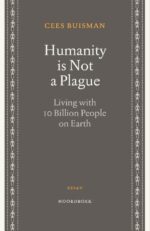De kloof
€ 49,90
In een tijd waarin klimaatverandering, verstedelijking en sociale fragmentatie ons dagelijks leven beïnvloeden, stelt Rob van Aerschot in zijn boek De Kloof een fundamentele vraag: Wat betekent onze leefomgeving voor ons? En omgekeerd: Wat zegt onze manier van bouwen, ontwerpen en inrichten over ons?
In De kloof onderzoekt Rob van Aerschot de wisselwerking tussen mens en landschap én komt hij voor het eerst tot een onderbouwde theorie voor deze relatie. Esthetiek speelt hierin een sleutelrol. Wat je mooi vindt, bevestigt je in het bestaan. Een landschap dat je raakt, een gebouw dat ontroert, een tuin waarin je tot rust komt – het zijn uitingen van een verlangen naar harmonie tussen mens en wereld. In het tweede deel gebruikt hij de theoretische basis voor een analyse van de beleving van het landschap in tribale culturen en in de Chinese, Japanse, islamitische en westerse wereld. Van Aerschot pleit voor een herwaardering van de relatie tussen mens en landschap. Niet alleen functioneel of economisch, maar ook cultureel, esthetisch en spiritueel. Zijn boodschap is helder: we hebben een omgeving nodig waarin we ons thuis voelen. En dat vraagt om ontwerpers, beleidsmakers en burgers die zich bewust zijn van de diepere lagen van betekenis in onze leefwereld.
De kloof is een standaardwerk voor iedereen met interesse in de beleving van het landschap.
Rob van Aerschot heeft veel ervaring als projectmanager in de ruimtelijke ordening. Daarbij speelt voor hem steeds de vraag welke boodschap professionals met hun werk creëren en welke concrete gevolgen dat heeft voor mensen.
Gerelateerde boeken
-
Humanity is Not a Plague
€ 19,90In ‘Humanity is Not a Plague’, Cees Buisman argues that it is possible for 10 billion people to exist together on this Earth – as predicted for the year 2100 – provided that the richer part of the world no longer merely focuses on its own health, prosperity and happiness, and instead starts working seriously on developing a higher consciousness.
In this essay, Buisman sharply analyzes some of the problems facing mankind, such as fresh water shortages, whilst overturning several clichés and offering unexpected, positive solutions. Overpopulation is not the problem; the effects of our actions on the rest of the world have a much greater impact. ‘Back to nature’ is not the solution, nor is an overreliance on science and innovation. Large-scale technologies could even increase our problems. It seems that the growth of humanity will depend on the growth of our consciousness.
Cees Buisman studied water purification engineering, in addition to business administration, communication theory and applied integral psychology. Throughout his life he has worked on new environmental technologies, which are used in industry all over the world. His scientific work is highly cited. Buisman is the Director of Wetsus – European Center for Sustainable Water Technology, and Professor at Wageningen University, in the Netherlands.
-
-
-




